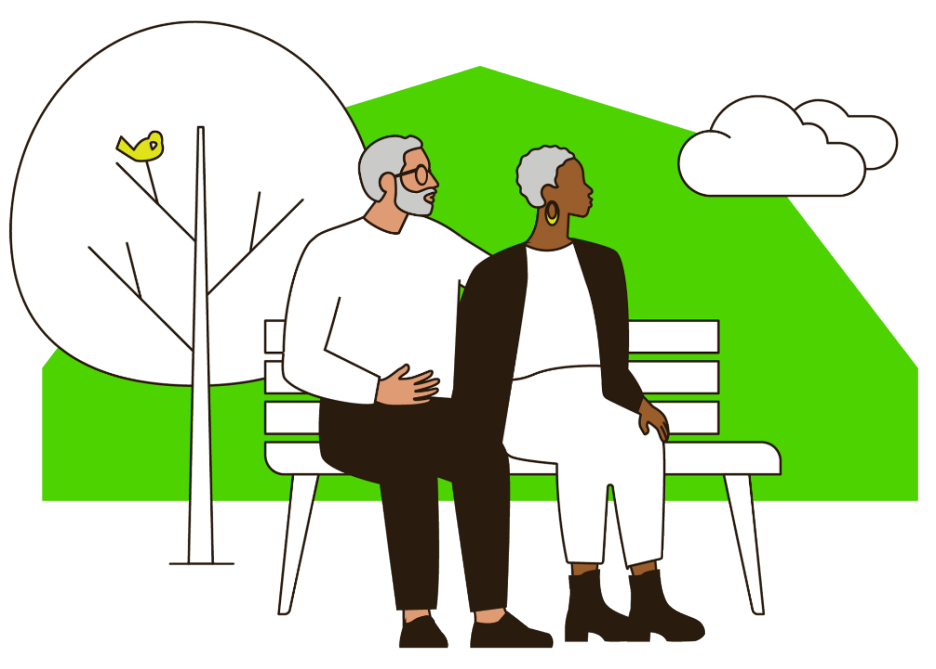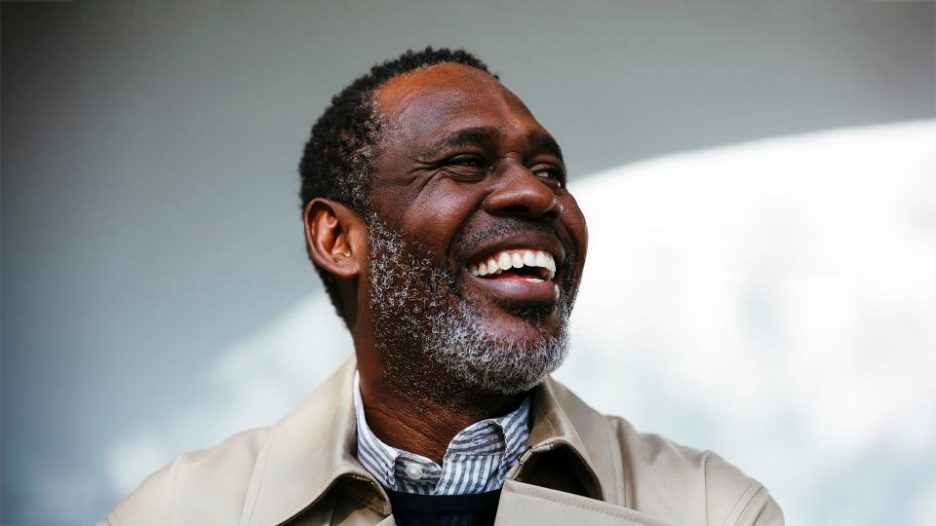People are living longer than ever before. Yet, there’s one consequence of living longer that many of us still dread: ageing.
It’s a funny paradox, isn’t it? We invest time, energy and money in living longer. Exercising, eating well, sleeping enough, only to then recoil in horror at the one thing that living longer inevitably brings: getting older.
How does our dislike of ageing show up?
Anne Karpf, who appeared on The Money:Mindshift podcast, shared fascinating examples of how this dislike of ageing seeps into our everyday lives. She talked about how we often dread “round birthdays” like 30, 40 or 50, as if each new decade is a marker of decline. She described how people say things like ‘you don’t look your age’ as though that’s a compliment, implying that beauty fades with age.
She even mentioned to me that one young woman she spoke to at a department store, at just 25, was the only one of her peer group who hadn’t had Botox. And while there is nothing wrong with getting cosmetic procedures if it's what an individual wants, Anne thinks that age anxiety, is setting in earlier and earlier.
The two dominant ways of seeing ageing and Anne’s third way
Anne explained to me that our culture tends to swing between two extremes. One is the “decline” model, where getting older is all about loss and frailty, a process of becoming less than we were before. The other is the “denial” model: the idea that ‘age is just a number’ and if we’re determined enough, we can outrun the clock. Run marathons at 90, perhaps.
But Anne challenges both of these models with what she calls a “third way.” She argues that ageing is a process of both gains and losses at every stage of life. You can’t ignore the losses: like health issues or physical limitations. But neither should you overlook the gains: wisdom, perspective, freedom from worrying so much about what others think. Anne believes that ageing is a privilege, and we shouldn’t feel bad about it.

Everyday scenes and how to reframe them
So, what can we do when age anxiety shows up in daily life?
When someone says: ‘I’m dreading my 30th birthday’, maybe it’s worth remembering that, as Anne put it, adolescence is no picnic. Rather than lamenting the end of your twenties, how about saying: 'Thank goodness I’m not 16 anymore!’? After all, being older means knowing yourself a little better, caring less about what others think, and maybe even feeling more at home in your own skin.
When we catch ourselves saying something like, ‘I’m having a senior moment’, Anne would remind us that self-deprecating jokes can reinforce unhelpful stereotypes. Instead, how about: ‘I’ve got a lot on my mind today’ or even: ‘I’ve earned the right to forget a thing or two.’
And when someone tells you, ‘you still look beautiful’, Anne’s advice? Accept the compliment, but remember that beauty isn’t about the absence of wrinkles. It’s about being fully alive, at any age.
Money mindshift: connecting to our future selves
Now, let’s bring this back to money.
At Money:Mindshift, we know that developing a strong, meaningful connection to your future self changes how you make financial decisions. Our own research shows that when people feel connected to the older version of themselves, they’re more likely to save, invest, and plan for emergencies.1
But here’s the catch: your future self is, by definition, older than you are now. If you’re dreading that, it’s easy to avoid thinking about them altogether. But as Anne reminds us, life is an arc, not a single snapshot. We age from the moment we’re born, and each stage brings its own challenges and opportunities. If we can embrace ageing (see it as a continuum rather than a cliff edge) we can plan more compassionately and wisely for the future.
So next time you’re thinking about your pension, your savings, or even just where you’d like to live in the future, picture the older you. Not as a stranger or a shadow, but as someone you already know. Someone who deserves the same care and consideration you’d offer to anyone you love.
Ageing is part of living. Let’s stop fighting it and start planning for it, financially and emotionally.
- Improve your financial wellbeing. Data source: Aegon. Research conducted with 10,040 UK residents. The research was carried out by Aegon’s Centre for Behavioural Research in July and August of 2023.
